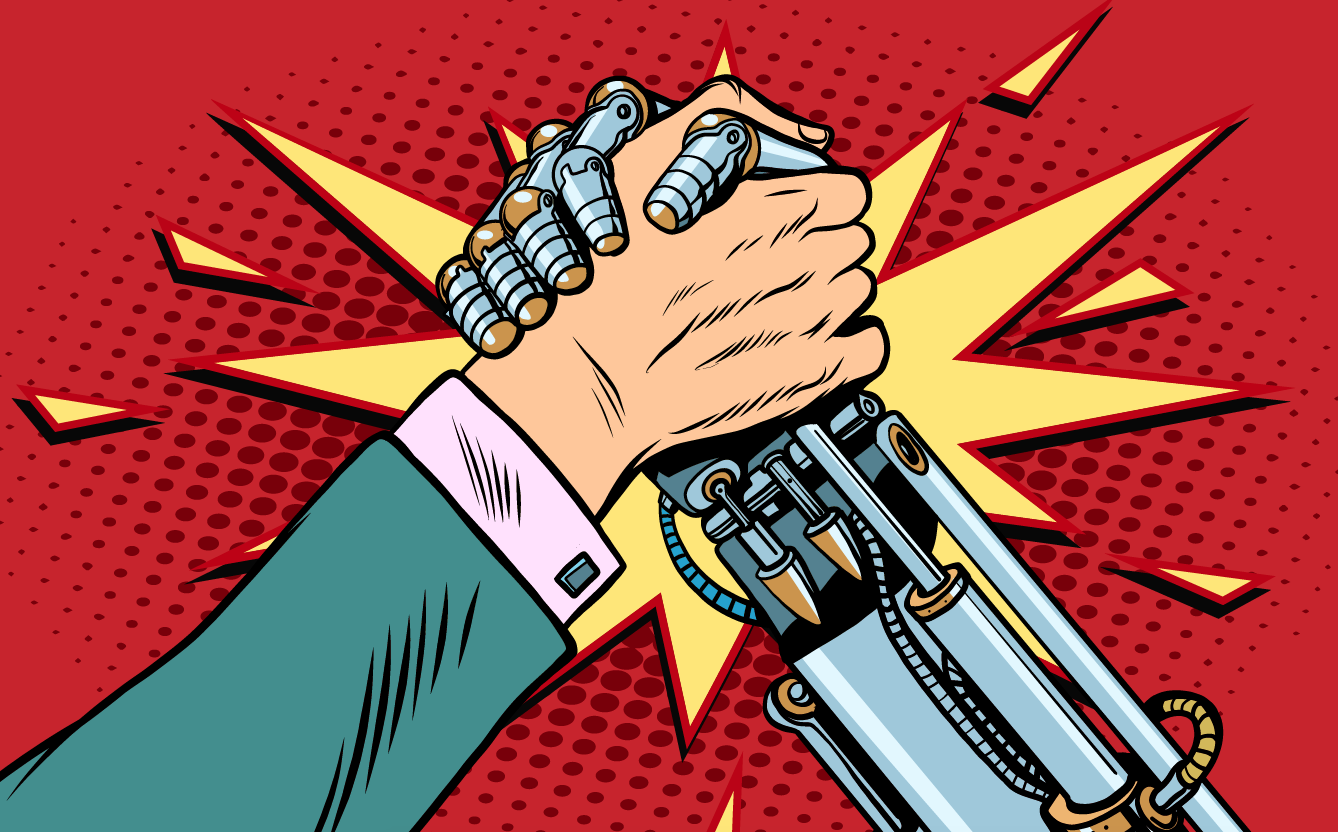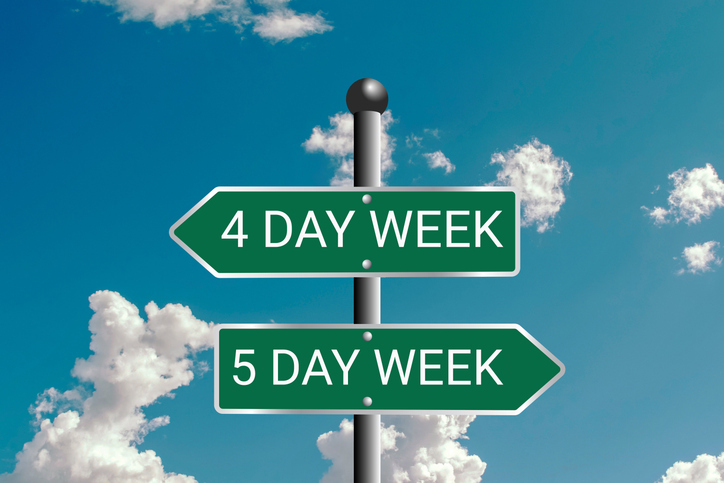Should your HR department invest in artificial intelligence tools? Technology such as ChatGPT and generational AI may be making the news, but what can artificial intelligence offer you as HR professional?
Artificial intelligence is mostly being used by human resources in two ways: automating talent recruitment and also answering bread-and-butter chatbot questions from staff about, say, holiday owing or payroll run dates.
Roger Philby, founder of The Chemistry Group, which uses AI to help organisations including Pizza Hut, Barclays and EY with internal recruitment, describes the current use of AI in HR as “nascent”.
Says Philby: “It’s really focused on either external hiring or it’s being used in what’s called talent marketplaces which use AI to attach people to internal job openings.”
AI x staff recruitment
AI can save time when it comes to initial screening of job candidates. It can sift through LinkedIn profiles, identifying candidates who meet selection criteria and manage early-stage applications.
Chatbots can talk to a candidate in the form of automated questions, collecting information about skills, training and previous roles. These bots free up HR professionals’ time during these first-contact interactions.
>See also: Can a sole trader employ staff?
For example, one recruitment agency client of SME HR specialist Citrus HR uses software/AI to select and shortlist candidates automatically. He loves it, saying it saves time and is very efficient.
However, as with all software/CRM systems, you have to have the right information in in the first place for it to be useful. Therefore, AI can miss transferable skills, which often do not fall under the recruitment criteria, but which can be crucial to finding the best candidate.
Says Philby: “The problem with AI is that it’s scalable but it doesn’t care what it’s scaling.”
On the other hand, the use of AI has a major positive in that it reduces discrimination risks and unconscious bias, selecting on experience and aptitude.
But over-reliance on such tech could restrict the pool of candidates, working against those who are not tech savvy or those who are not active on social media platforms such as LinkedIn.
>See also: How incentive and reward schemes can motivate staff to go the extra mile
And there have been some spectacular pratfalls when it comes to organisations using AI in HR.
Amazon, for example, had to scrap its AI-driven recruitment engine back in 2017 after it realised its program was biased against women.
And US AI recruiter HireVue has been hit with a class action lawsuit for scanning people unknowingly with its now-scrapped facial recognition technology in online job interviews. Apparently, facial expressions are helpful when questioning job candidates. Those with facial tics or other disabilities later claimed that systems such as HireVue’s – whose clients include The Co-Operative Bank and accountants Grant Thornton – would have unfairly ruled them out for jobs.
For Philby, the way AI identifies candidates for job openings is still very “broad brush” as AI is incapable of understanding the kinds of roles or career development candidates are actually interested in.
Philby says: “It’s being used by HR people to skills match people but they’re matching pretty much sucks.”
Basically, the more skills you brag about on LinkedIn, the more job matches you’re going to get.
Answering routine questions
Perhaps the best way to think of AI is as a multiplier for HR professionals, almost like a robot exoskeleton, freeing them up to focus on more complex human tasks with real value rather than wasting their time grinding through admin.
AI-driven chatbots in particular can mimic person-to-person conversation convincingly. Many companies are using chatbots to answer basic HR questions, such as payroll run dates or questions about holiday dates.
And chatbots generate data, so if employees or interview candidates keep asking the same questions, that can be useful when it comes to spotting gaps in your onboarding process or staff handbook.
French energy company EDF for example uses chatbots to answer questions about staff absences, holiday and payroll. Seventy-five per cent of users are satisfied with it.
And AI and machine learning can automate transactional processes such as new starter paperwork, annual admin requirements for fleet car driving licences, DBS checks and so forth.
AI x performance management
The next trend in using AI in HR will be for performance management. According to Citrus HR, this means identifying training/support interventions earlier, with immediate support offered rather than waiting on manual identification by managers.
Convincing the C-suite
At some point, an HR manager who is convinced that buying AI HR software could help automate recruitment and free up time from answering basic questions will have to go to the board and convince them to spend money.
How should an HR manager pitch their case for incorporating more AI into day-to-day- HR functions?
The key for any head of HR trying to make their case for a company to adopt AI software is to focus on how automation will boost revenue and productivity and improve recruitment and staff management – both hiring and employee engagement – rather than just save money.
Philby says: “The question to ask is what is the business outcome you are trying to drive? Don’t buy into the technology and then look for the problem, think about what’s the problem you’re trying to solve.”
At this point, a finance director could point out that if you do commit the latest whizz-bang AI HR platform, you could be stuck on a treadmill where you are committed to expensive software upgrades.
However, most enterprise-level businesses have already bought in to human capital management (HCM) software such Workday, SAP and Oracle, so it’s more a question of switching on AI already embedded in those systems or AI functionality which plugs into these platforms.
Limitations of AI for HR
Appropriate use of AI and automation allows HR professionals to focus on the “human” elements of the job.
However, the more complex the role which needs to be filled, the greater the technology’s limitations.
Artificial intelligence is a powerful technology that can help human resources improve how to recruit, hire, measure, compensate and develop people. But sourcing and hiring will always require very human skills, from building relationships to supporting and managing employees.
Successful adoption of AI enables HR teams to spend more time on the “human” part of human resources — listening to employees and helping them achieve their potential.






